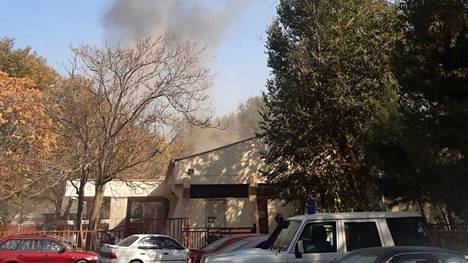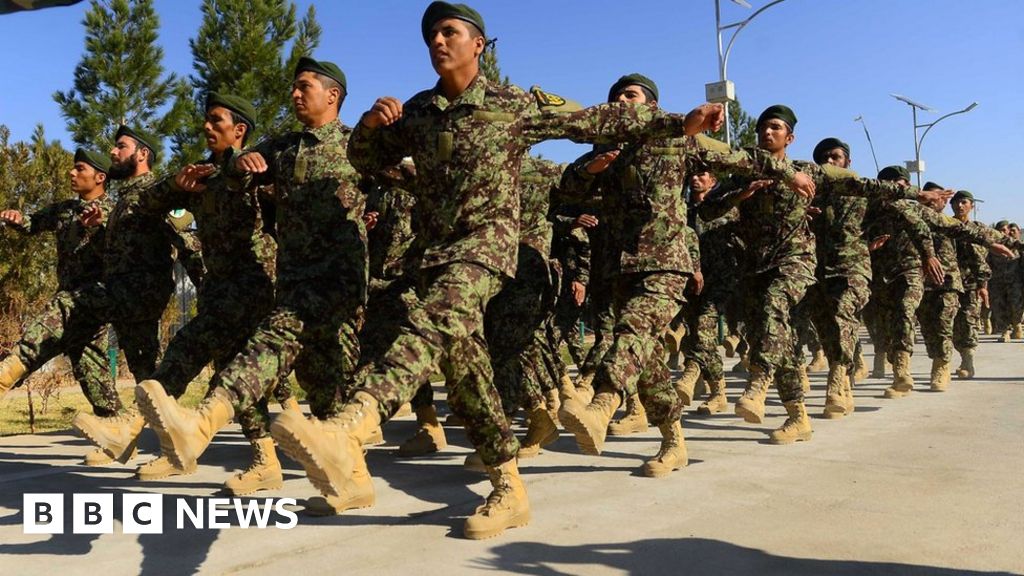A massive shortfall in PC availability, lack of login for secure IT systems, disjointed IT systems and a desperate attempt to fall back onto printed paper methods all contributed to chaotic scenes at the newly merged Foreign, Commonwealth, and Development Office (FCDO), according to written testimony put before Parliament today.
"On the evening of Saturday 21 August, the soldiers were issued one FCDO computer for every two soldiers. These did not work because FCDO IT had not issued the passwords to unlock them. These computers were finally unlocked on the afternoon of Sunday 22 August. Until this, the soldiers worked with one computer shared between roughly eight people," said former desk officer Raphael Marshall in
his evidence [PDF] to the House of Commons Foreign Affairs Select Committee's Inquiry on Government Policy on Afghanistan.
"This obviously considerably reduced their efficiency and speed. I printed out A3 spreadsheets for the soldiers but this was no substitute for a computer. The soldiers clearly needed computers to email travel documents to Afghans selected for evacuation," he said.
As opposed to a simple loss of efficiency or increase in costs, these computer problems potentially may have led to a loss of life. Between 75,000 and 150,000 people applied for evacuation under the UK government scheme.
"The vast majority of these applicants feared their lives were at risk as a result of their connection to the UK and the West and were therefore eligible for evacuation," Marshall said.
"I estimate fewer than 5 per cent of these people have received any assistance. It is clear that some of those left behind have since been murdered by the Taliban," he said.
The failure to issue soldiers with sufficient computers for more than 12 hours delayed dispatching travel documents and would therefore have reduced the chance of selected Afghans being evacuated, and consequently may have directly resulted in the deaths of people unnecessarily left behind, his testimony read.

 www.verkkouutiset.fi
www.verkkouutiset.fi

 www.verkkouutiset.fi
www.verkkouutiset.fi














